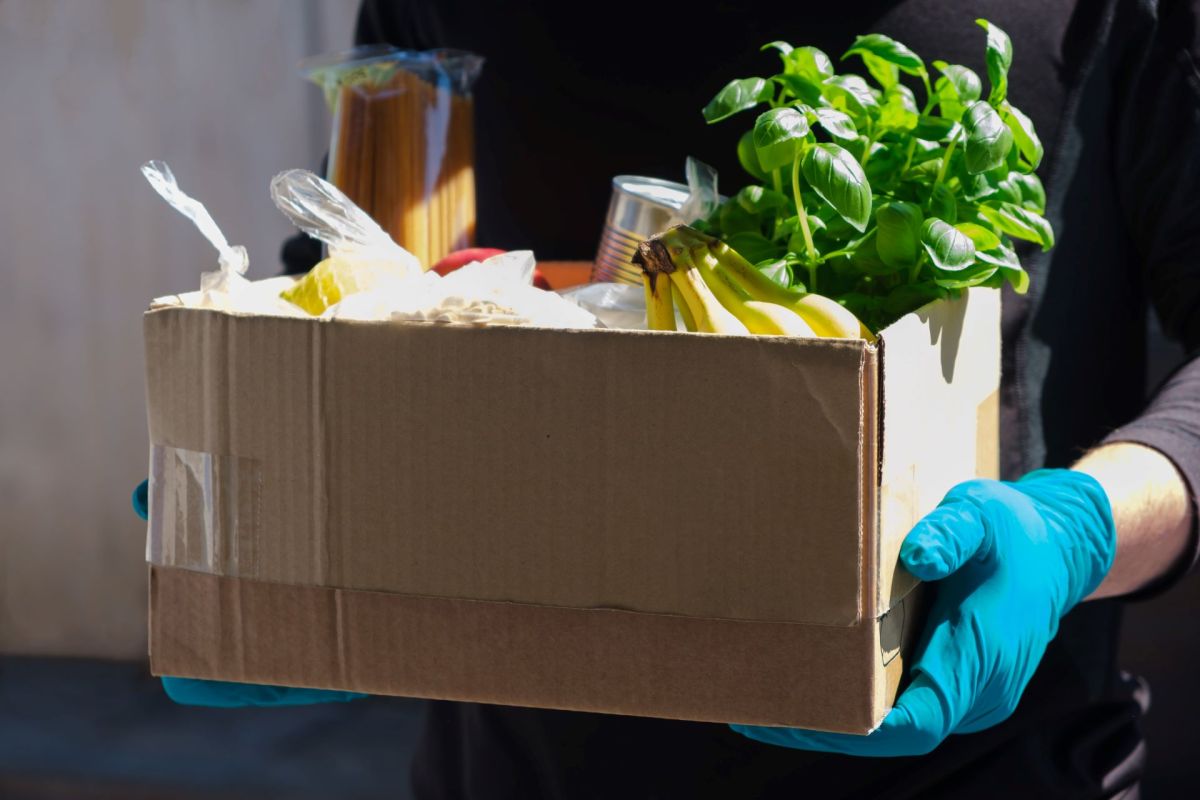At the start of the pandemic, college campuses — much like everything else — were deserted. Millions of college students returned to their hometowns to find empty grocery shelves, shuttered restaurants, and staggering food bank lines.
One group of students decided to address this food insecurity by connecting surplus produce with communities in need — and they called it The Farmlink Project
Farmers around the world produce about 22 billion pounds of produce every day, which is enough food to feed every person on the planet nearly two times over, according to the organization. Despite this, about one-third of the food is wasted, and over two billion people struggle to put food on the table.
So, we have all the food we need, but the problem is a faulty supply chain that fails to transport excess food to where it could provide the most help.
That's where The Farmlink Project comes in. The organization connects farmers with extra food to food banks and other food recovery organizations, helping with logistics to transport food efficiently and quickly.
With 20 full-time staff members and over 100 student fellows (as of March), The Farmlink Project redirects excess food from landfills to people across the United States. Working in 49 states, it focuses particularly on underrepresented communities and food deserts — areas where people have restricted access to affordable and healthy food.
During the pandemic, farmers across America had plenty of produce and dairy products but nowhere to send it, with restaurants, schools, and businesses closed indefinitely. Farmers had to discard millions of pounds worth of food as a result. The Farmlink Project stepped in to ensure farmers always have the resources to donate food instead of dumping it.
Not only does The Farmlink Project help feed America, but it is making agriculture and food system practices more sustainable. Food is the most common item found in landfills, according to the EPA, and it releases harmful methane pollution into the atmosphere as it decomposes.
By guaranteeing food ends up on dinner tables and not in the trash, The Farmlink Project ensures water, energy, money, and labor do not go to waste.
Since its founding in 2020, The Farmlink Project has saved over 100 million pounds of food from landfills and delivered 83 million meals and counting. The organization's end goal is to put itself out of business by achieving a world with the proper infrastructure to allocate food effectively.
"There is a pile of food that is available, but the big issue within the charitable food system in the U.S. is that that pile of food doesn't have anywhere to go," Luis Yepiz, The Farmlink Project's chief procurement officer, said in a press release. "We are a connector, creating bridges between the pile of food and the people that need it the most."
Join our free newsletter for cool news and actionable info that makes it easy to help yourself while helping the planet.









